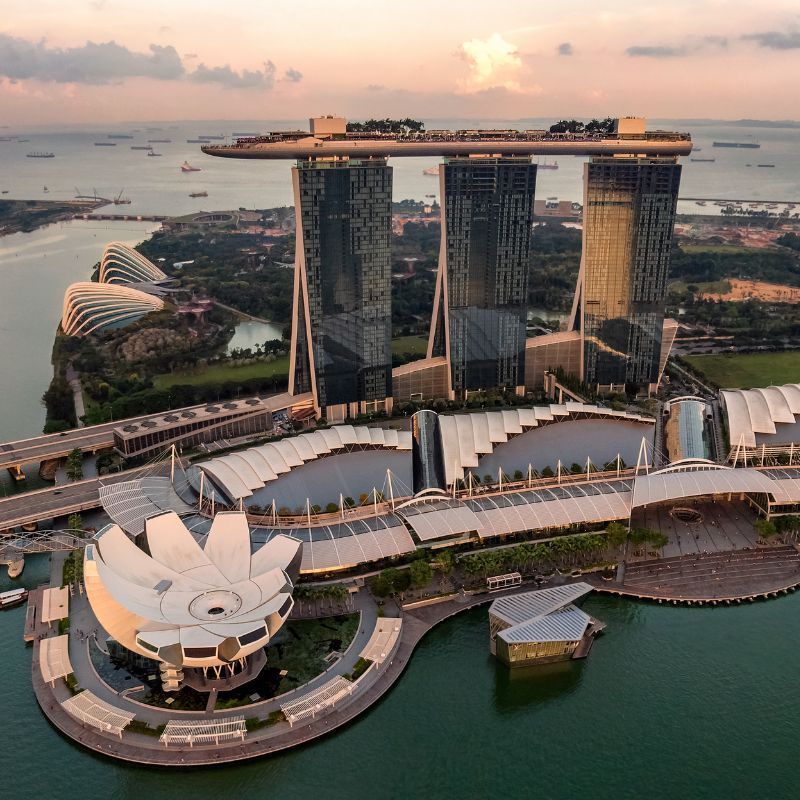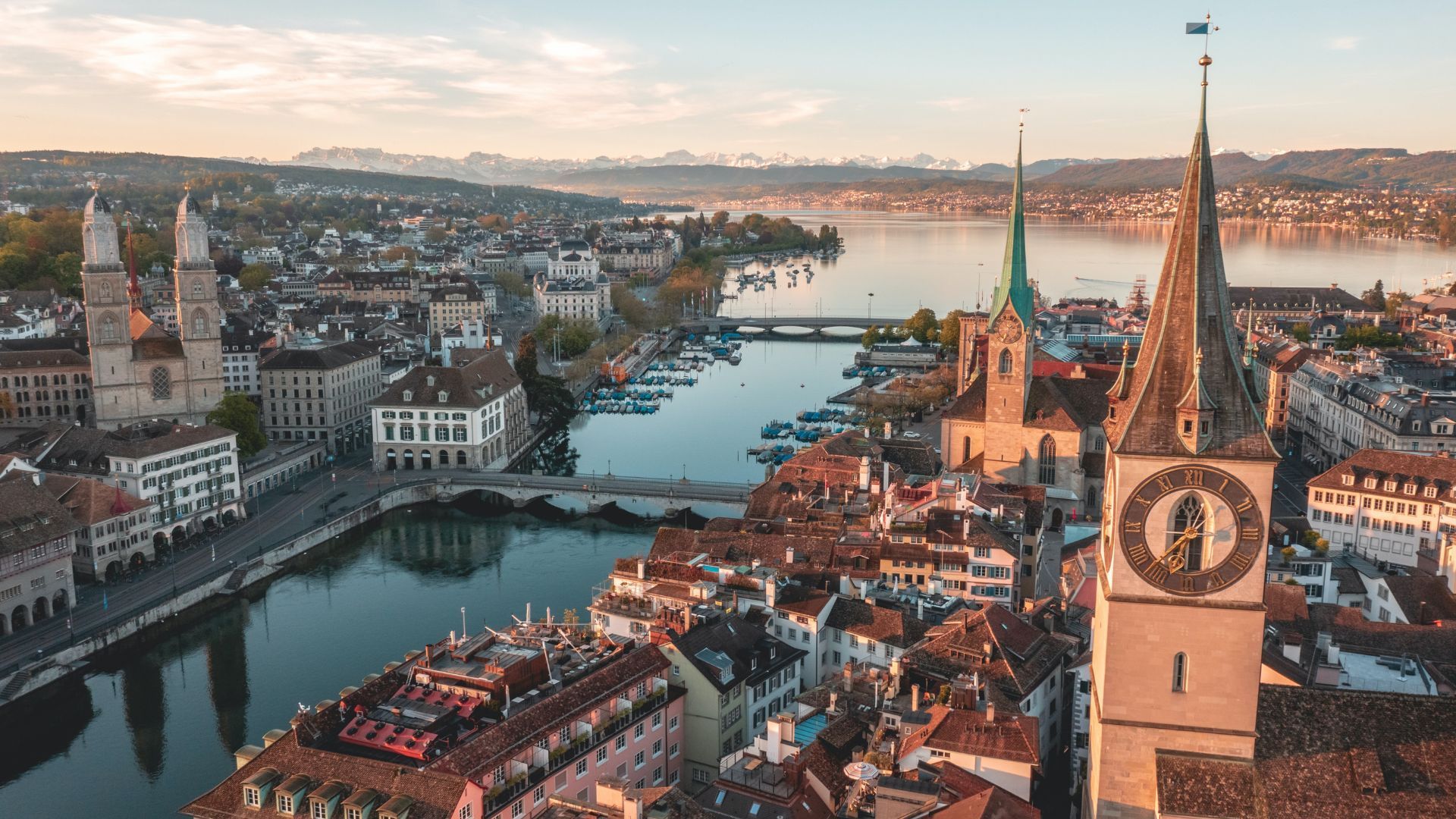
According to a new update by the 2023 Smart City Index, Singapore is now the smartest city in Asia and the seventh smartest city in the world.
The index was published by The Smart City Observatory, which is a part of the Swiss business school Institute for Management Development (IMD). It ranks 141 cities based on how they use technology to address the challenges its citizens face, to be able to achieve a higher quality of life. The index ranked Zurich at the first spot, while Oslo was at the second. Canberra grabbed the third spot on this index.
This is the third time Singapore has been seventh on the list. In 2020 and 2021, too, the city was in the same spot, while in 2022, the index was not released.
These are the smartest cities in the world, according to the Smart City Index

The top ten smartest cities are a mix of European, Australian and Asian destinations. These are:
- Zurich, Switzerland
- Oslo, Norway
- Canberra, Australia
- Copenhagen, Denmark
- Lausanne, Switzerland
- London, the UK
- Singapore
- Helsinki, Finland
- Geneva, Switzerland
- Stockholm, Sweden
According to the report, The Smart City Index takes into account input from the cities’ residents on how technology has improved their lives. It combines both survey responses as well as hard data, to understand (and represent) the extent to which technology has helped achieve a higher quality of life for a city’s residents.
Asian and European cities dominate the top 20 list of the 141 cities that have been surveyed, and of these 20, six have been constantly working towards improving their performance. These ‘super champions’, as the report calls them, are Zurich, Oslo, Singapore, Beijing, Seoul and Hong Kong.
The data has been collected from over 20,000 citizens, who were surveyed on about 15 aspects of living in these cities. Some of the questions included those on affordable housing, road congestion, green spaces, fulfilling employment needs structures and technologies built to address their concerns and how comfortable the respondents were with technologies such as face recognition and sharing personal data to improve traffic congestion.
This story first appeared on Travel + Leisure Singapore
(Main and Featured image: Hu Chen/Unsplash)

